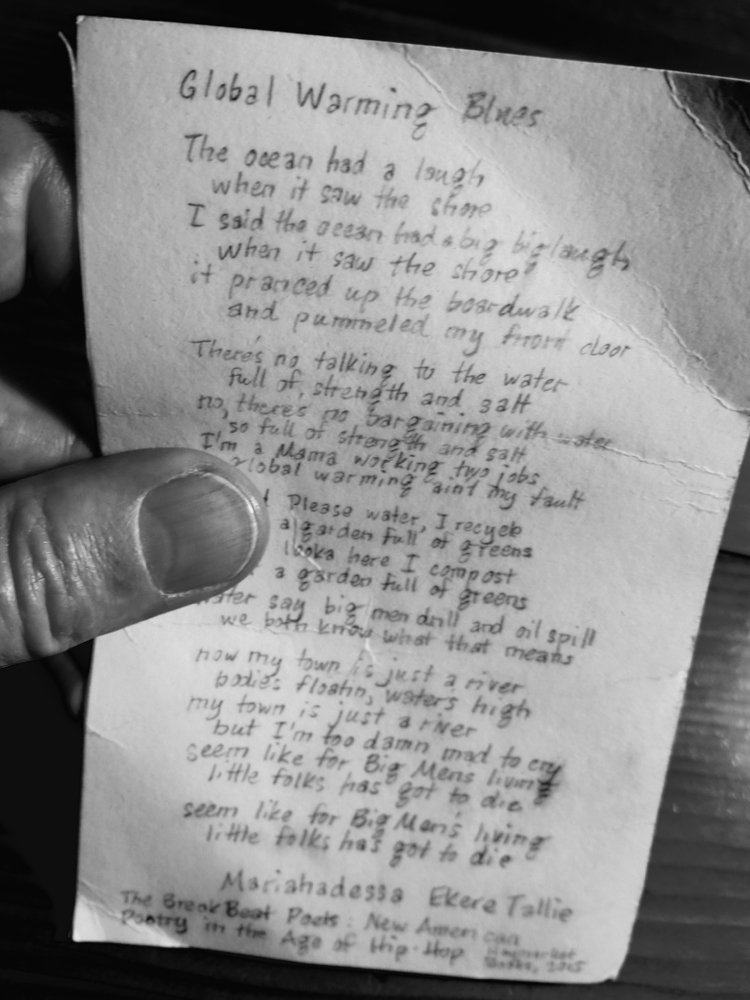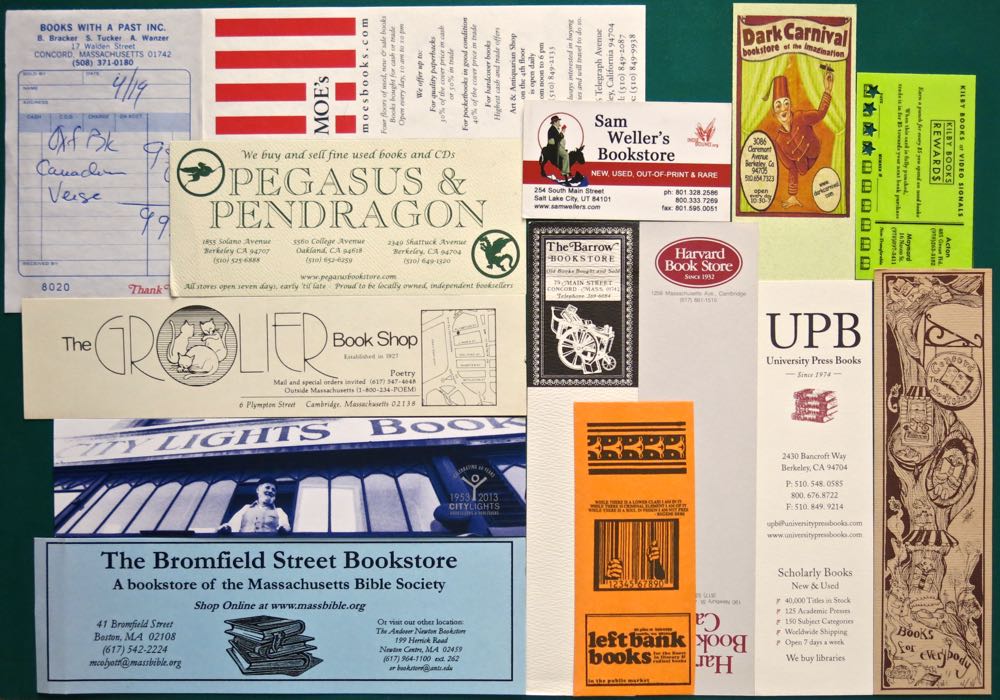As I walked over to the science fiction section in the library, I could hear a resonant baritone voice in a far corner. Some idiot on their cell phone, I muttered under my breath. Let’s see, McCaffrey, nope further back, LeGuin, getting closer.
Yammer, yammer, yammer, said the resonant baritone voice, distracting me. Yammer yammer yammer.
Laidlaw, Laidlaw, Laidlaw, I repeated to myself, looking through the Ls. What, no Marc Laidlaw? Rats. OK, let’s try S.
yammer yammer give me seed money yammer yammer I’d be CTO yammer
I tried to shut the phone conversation out of my mind, but it was so full of Silicon Valley cliches that it leaked past my defenses. And every other word seems to be “I” or “me,” I said under my breath. I walked around the corner to get to the Ss, and there he was: a young white male, schlubbily dressed. I ignored him as best I could and looked for Stross, but the book I was looking for wasn’t there. Let’s try Matthew Hughes.
yammer what I want yammer I told the VC yammer I said I don’t let people quit my company yammer
The Hs were just around the corner from where the young man was talking. It took some effort to shut the loud self-important voice out of my head. No Hughes on the shelf, but I got distracted by an old Harry Harrison novel. Though I studiously paid no attention, I could sense the young man’s back looking at me with annoyance; I had entered his private space. He walked away, still talking loudly, his self-important voice fading to a distant but resonant whine.
The Harrison novel was not nearly as good as I remembered, so I left it on the shelf and went to look for Pratchett. It occurred to me that the young man with the self-important loud voice was very much like a character from a Terry Pratchett novel: one of those self-involved narrow characters who is certain he is saving the world (from something it doesn’t need saving from) and who is bewildered when he makes a giant mess out of everything.
May the gods preserve us from such people, I muttered to myself as I checked out my books, and then realized I was talking to myself a bit too much. Not a good sign.



